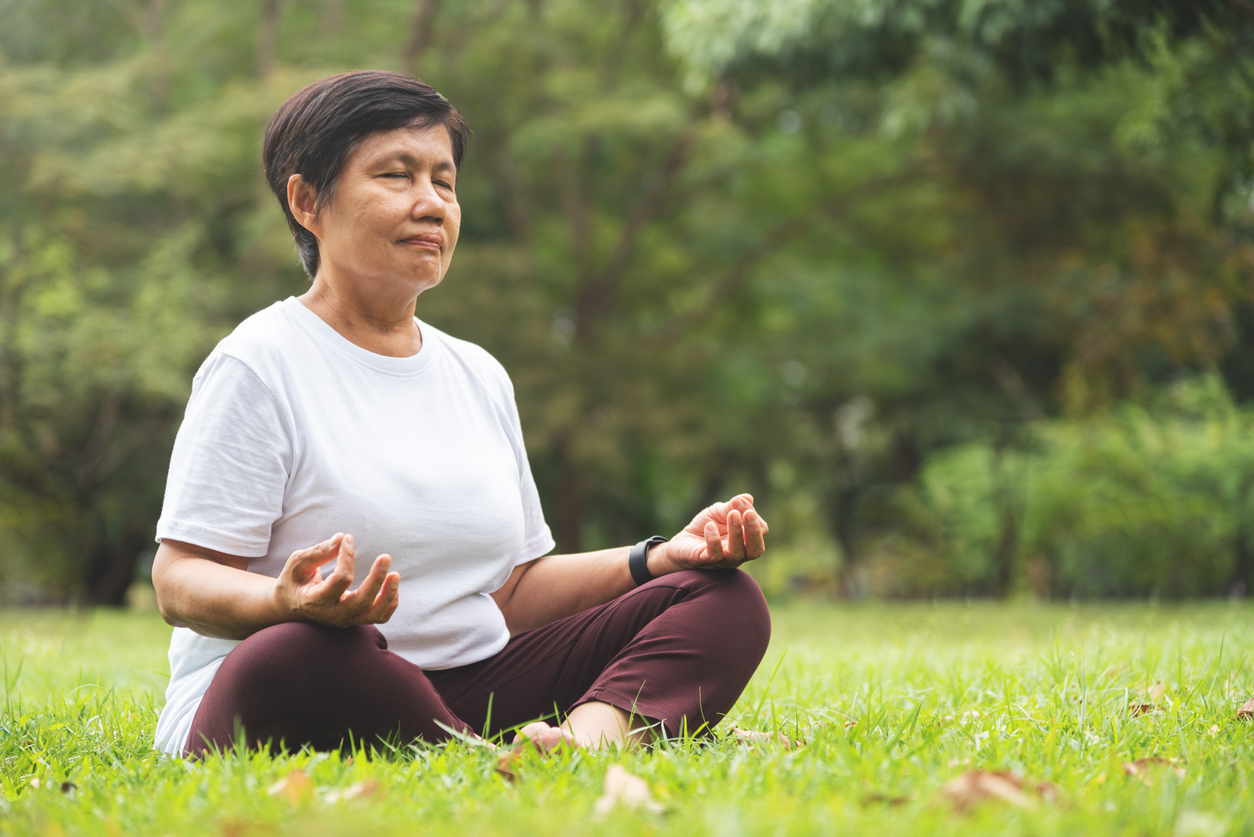You can probably list several things you’ve been doing lately to keep yourself healthy in the past few months: wearing a mask, frequent handwashing, and physical distancing.
But what have you been doing for your mental health?
Living through a pandemic is stressful. Scrolling through ever-updating information, worrying about you and your loved ones’ health, and being physically separated from your support system can all negatively affect your mental health.
Mental health shapes our outlook on the world. It impacts how we connect with one another, how we see ourselves, and how satisfied we feel about our lives. A healthy lifestyle means balancing our physical health and mental health.
Taking care of your mental health can look like talking someone you trust, spending time outside, or participating in an activity you enjoy.
But the way you take care of your mental health, or the way you practice self-care might change during a pandemic. It can be tough when things that usually bring us joy, like spending time with friends and family, conflict with physical distancing guidelines. Even when we know it’s in everyone’s best interest, physical distancing can be hard on our mental health.
If you are struggling with negative thoughts or poor mental health because of the pandemic, it’s important to know you’re not alone. It’s a normal response to a dramatic change in routine.
In May, Statistics Canada surveyed Canadians and found that 52 per cent of people said their mental health had taken a turn for the worse since physical distancing began. Of those Canadians, 88 per cent reported at least one symptom of anxiety, with 41 per cent reporting symptoms consistent with moderate to severe anxiety.
While life may feel chaotic right now, know that there are strategies you can use to feel in control and positive.
If you’re feeling isolated or lonely, 37 per cent of Canadians surveyed by Statistics Canada said talking to someone over the phone or video chat helped improve their overall mental health. While it’s not the same thing as being in the same room, it might help you feel better to catch up with someone you haven’t heard from. They’re likely just as eager to hear from you as well.
If you’re feeling cooped up indoors, try going for a walk or a bike ride. In the same survey, 57 per cent of Canadians said they used outdoor exercise to destress. Physical exercise has been linked to improving a person’s mood and reducing symptoms of anxiety and depression. Plus, a change of scenery might be exactly what you need after spending so much time in your home.
If you find that your mind is racing or you're picturing every worst-case scenario, 12 per cent of surveyed Canadians said they used meditation to calm them down. The Canadian Mental Health Association’s website said that meditation can improve general mood, sleep, and cognition.
Think of practicing self-care to improve your mental health the same way you would lift weights to get stronger. The more you practice, the easier it will get and the better you will feel.
Talking to a professional is a great way to create a customized plan for how to take care of your mental health. There are a few online resources from the government to make prioritizing your mental health easier during COVID-19.
Wellness Together Canada is offering a 24/7 self-assessment, resources, and free counselling to help Canadians with the uncertainty they are facing. This site has on-going assessments that let you see the progress you’ve made. You can take your first step at https://ca.portal.gs/.
The Government of Manitoba is offering cognitive behaviour therapy (CBT) online at https://manitoba.ca/covid19/bewell/virtualtherapy.html. CBT is goal-orientated and helps you create a plan for staying mentally healthy. If you’re not quite ready to talk to a therapist, they also have a list of online resources you can check out.
Allyn Lyons is a Communications and Public Relations Assistant at Victoria General Hospital Foundation. This article is meant to be informational in nature and should not replace the advice of a trained healthcare professional.



